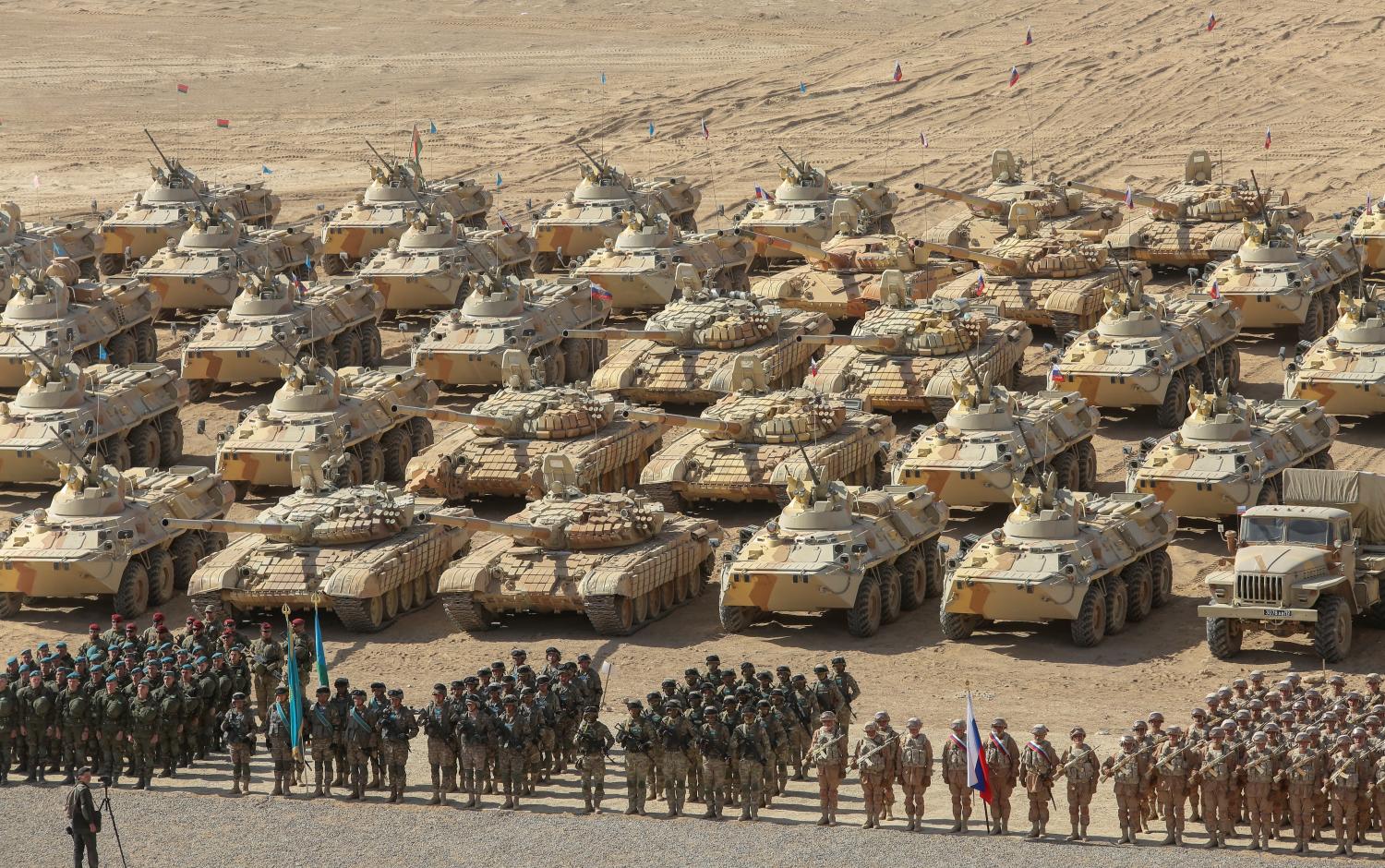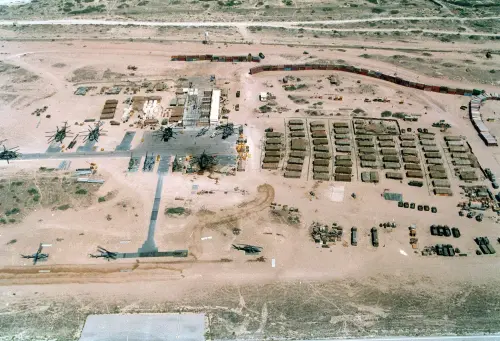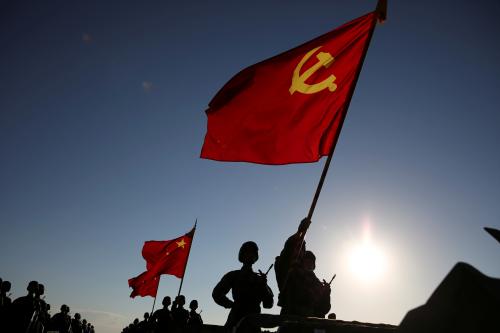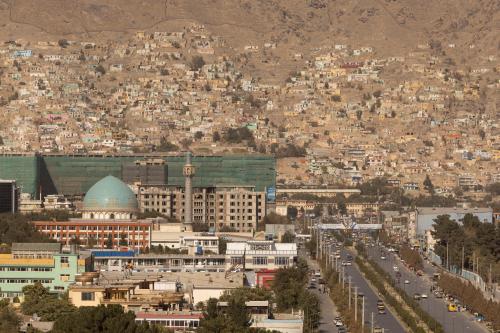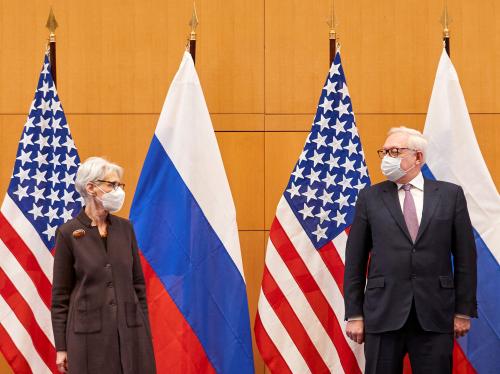Executive summary
Renewed strategic competition among the great powers is challenging and transforming the U.S.-led liberal international order. And this has important implications for the standing of U.S. bases abroad. Basing agreements in regions that are of acute interest may be undermined by revisionist powers, particularly China and Russia, as they further develop their regional security architectures, allocate and distribute rival nonmilitary public goods, and promote domestic political norms that are more aligned with the values and governance practices of often autocratic host country regimes. In Central Asia, revisionist efforts are already challenging regional U.S. leadership and undermining its capacity to establish overseas bases and access.
-
Acknowledgements and disclosures
The author wishes to thank Andrew Yeo and Isaac Kardon for their comments on previous versions of this brief, as well as the participants in the Workshop on Great Power Competition and Overseas Basing. The author also acknowledges research support from Rachel Amran and Natalie Hall, Lori Merritt and Alexandra Dimsdale for editing, and Rachel Slattery for layout.
The Brookings Institution is committed to quality, independence, and impact.
We are supported by a diverse array of funders. In line with our values and policies, each Brookings publication represents the sole views of its author(s).

